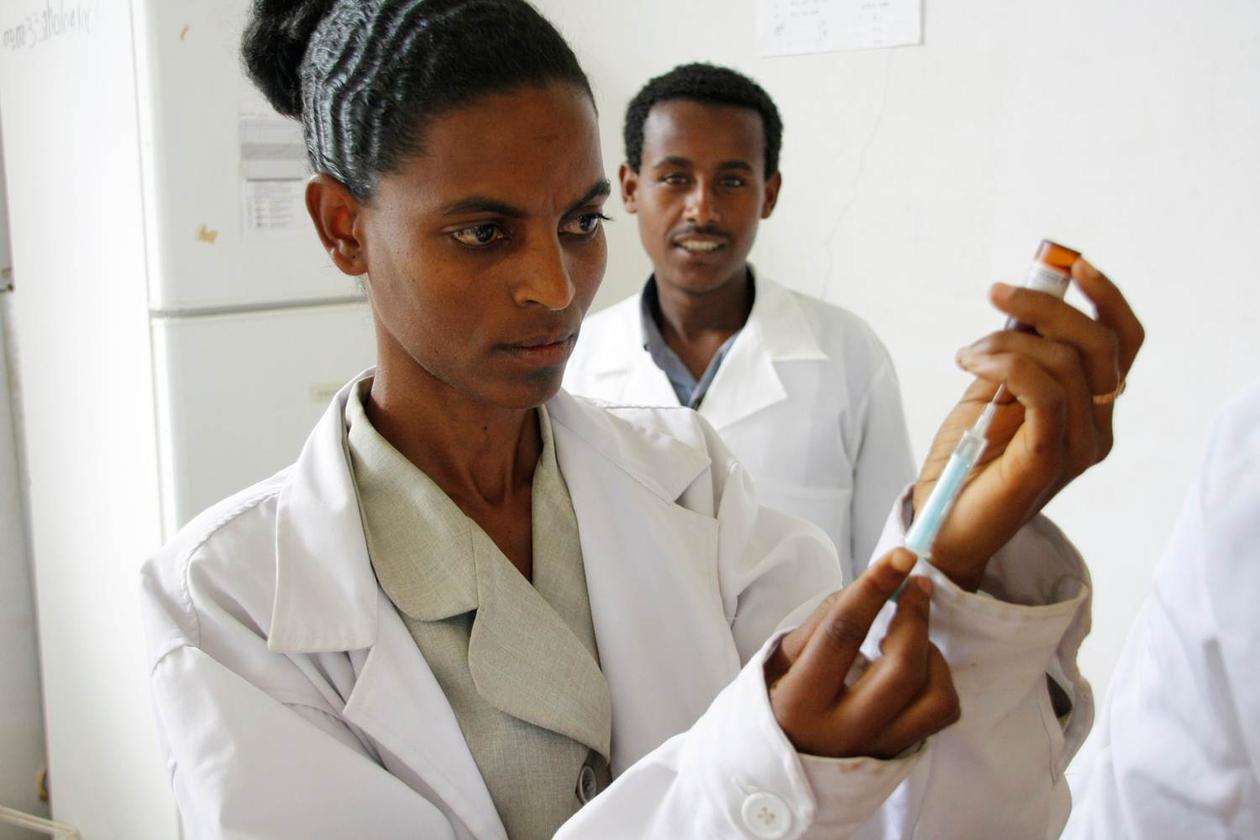Universities to improve maternal health
South Ethiopia Network of Universities in Public Health (SENUPH) aims to improve the health of populations in South Ethiopia, especially on maternal and child health, nutrition and reducing malaria.
Hovedinnhold
With a high maternal mortality ratio, and one of the lowest percentages of births attended by skilled professionals, improving quality of care for maternal health is a formidable challenge in Ethiopia. The purpose of the project is to substantially improving the capacity and quality of teaching in public health and doing essential public health research relevant for South Ethiopia.
Read more at the NORHED project page
Malaria remains a major public health problem in southern Ethiopia, often affecting communities with large epidemics. Malaria is also a severe disease among pregnant women, and leads to premature births, increased neonatal deaths and limits the growth of children.
Childhood malnutrition is a priority health problem in the country and available data suggest that complementary feeding practices are far from satisfactory. In addition, some areas are repeatedly affected by drought that limits their household’s food security.
There is a shortage of faculty to conduct proper teaching in public health at graduate level and to carry out sound and development oriented research at the South Ethiopian partner institutions. In addition, since most of the partner Universities are young, they need to strengthen their graduate, and develop their post-graduate programmes. Thus, the formation of Networks of Universities will help to establish and expand graduate and postgraduate programmes to alleviate the deficit of qualified faculty and to identify priority areas of research. The network will also encourage efficient human resource mobilization.
This project has their own website: South Ethiopia Network of Universities in Public Health
More research projects from The Centre for International Health, UiB
